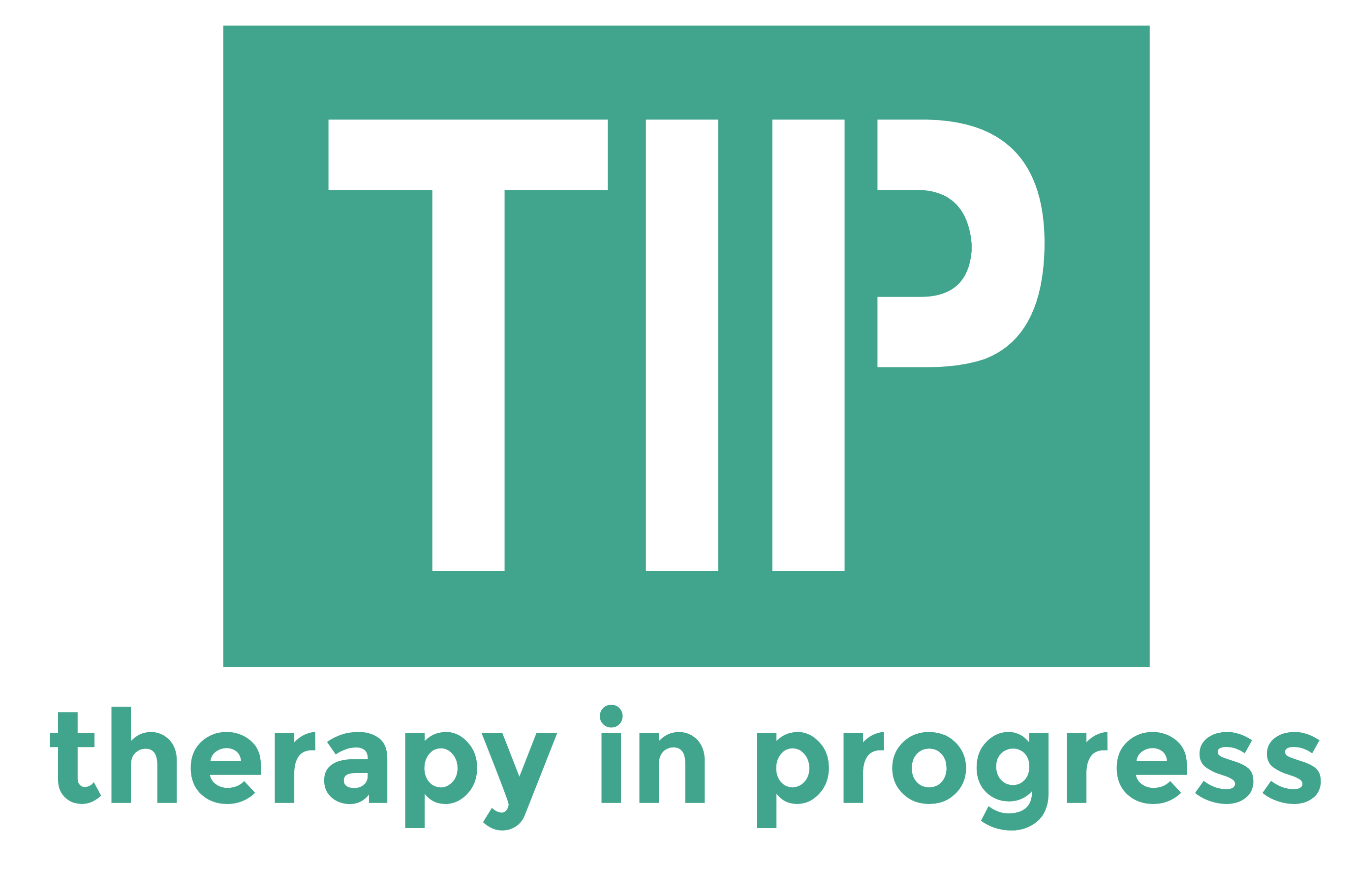Online Therapy Services
Individual Therapy
Depression and Low mood
Low mood can affect us for many reasons, perhaps after the end of a relationship, job loss or other distressing life events. Symptoms can include tiredness, frustration, worry or difficulties with sleep.
If low mood symptoms last two weeks or longer, a visit to the GP may help to assess whether this has developed into clinical depression. It can affect emotions, thinking, behaviour and physical well-being. People with depression find talking therapy helpful when they are struggling to shift the way that they feel.
Anxiety
Anxiety is a natural response to help us avoid dangerous situations. However, if anxious feelings continue long after the threat has passed, it can become difficult to eat, sleep or manage day-to-day activities. It can also affect relationships and result in feelings of loneliness and isolation. Treatments such as Gestalt and EMDR can help lessen or resolve unhelpful thoughts, feelings and beliefs,
Self Esteem
Low self-esteem can prevent people from responding to life’s difficulties in a positive or helpful way. Therapy offers the opportunity to understand and challenge how we think, feel and behave.
Stress
Stress can be a motivating factor for some people. But when it is a constant in our lives, it can have a negative effect on our mental and physical wellbeing. Therapy allows us to address the ways that we think, feel and behave to help reduce stress levels.
Bereavement and Loss
There are many losses that we experience in life. It can include the death of people or pets. As well as the loss of relationships jobs, homes, physical health or our sense of safety and wellbeing. There is no one way to grieve. Self-compassion involves allowing space to grieve in a way that is supportive and nurturing. Therapy can support this process.
Psychosexual Therapy
Low Desire and Lack of Libido
- Women with low desire and lack of libido are sometimes be diagnosed with Female Sexual Arousal Disorder. For some women, they can also have an inability to achieve orgasm: this is called Female Orgasmic Disorder. Psychosexual therapy can help towards resolving this.
- For men, it can be diagnosed as Male Hypoactive Sexual Desire Disorder. There are many reasons why this happens. What is clear is that it depends on the person’s individual circumstances. It is best treated with a full medical check-up, and psychosexual therapy if it is causing distress.
Pain during intercourse
Pain during intercourse can be diagnosed as Genito pelvic Pain/Penetration Disorder. It affects women who have difficulties when they try to have intercourse. The pain is often described as burning, shooting, throbbing, or cutting. This could be due to physical problems, relationship problems, fears about sex, or a combination of all these factors. It is best treated with full medical assessment and psychosexual therapy.
Erectile Problems/ Ejaculation Problems
- Erectile problems (erectile dysfunction) are when men have difficulties with getting or keeping an erection during sexual activity.
- Ejaculation problems cover Premature Ejaculation (sometimes called early or rapid ejaculation), or Delayed Ejaculation in men. This becomes a problem if it is causing distress and relationship difficulties. It is best treated with a full medical and psychosexual therapy
Sexuality / Asexuality
- Sexuality is a broad term describing how you feel sexually. It is what and how you choose to express this within yourself or in partnerships.
- Asexuality is not about someone choosing to be celibate, but more about a lack of sexual attraction to others. Therapy will involve exploring this if the person sees this as a problem. The aim is not to convert someone who wants to continue living this way.
Eating Disorder Therapy
Binge Eating / Compulsive Eating
Binge Eating Disorder/ Compulsive eating is when a person eats an excessive amount of food in a short period of time. It often involves secret eating and the person eats past the point of fullness. They can be left with feelings of guilt and shame about their behaviour.
Bulimia Nervosa
Bulimia Nervosa (often called Bullima) is a state of being where a person has powerful urges to overeat after food restraint. This is followed by an episode of vomiting/using laxatives/ or excessive exercise as a way to manage weight.
Anorexia Nervosa
Anorexia Nervosa (often called Anorexia) is a state of being where a person is unable to eat a sufficient amount of food to maintain normal body weight for height and age. The person deliberately restricts food and has an intense fear of gaining weight. This is accompanied by a disturbed body image and an inability to recognise and act on the health risks of being underweight.
Orthorexia
Orthorexia is when a person is overly preoccupied with pure and right foods, which often leads to excluding certain food groups that they deem to be unsafe or unclean. Eating foods which they would normally exclude can cause feelings of distress and anxiety.
Couples Therapy
Conflict and arguments
Arguments happen when we lose the ability to listen to each other. It can be caused by a mismatch in beliefs or assumptions about our partner’s motivation and behaviours. If physical, emotional, sexual or financial abuse is a feature, it would be more appropriate to approach specialist domestic violence organisations.
Lack of trust
Lack of trust gets in the way of developing emotional and physical intimacy. This can be due to past dishonest behaviour from one or both people in the partnership. It can be helpful for couples to have an honest conversation with the support of a therapist.
Affairs
An affair can involve emotional or physical intimacy with someone other than your partner. This can cause distress and feelings of betrayal. Therapy offers space for couples to have an open discussion and reach a decision about whether they remain together or separate in an amicable way.
Communication breakdown
Couples can sometimes get into a pattern of avoiding conflict by not talking through their differences. Therapy offers a safe space for couples to reach a clearer understanding of each other. This will ultimately help them to communicate differently in the future.
How Do I Know if Online Therapy is Right for Me?
If you have been struggling to manage your emotions, thoughts, and behaviours, the world can feel like a lonely place. Online Therapy offers you an opportunity to work through what is keeping you stuck. As a result, you can begin to heal from past and present hurts.
Online Therapy is right for you if you have a private and confidential space where you will not be interrupted. It allows you time and flexibility to have a session from the comfort of your own home. Also, it takes away the need to travel to appointments. If this sounds good for you, I invite you to take the next step. There is no shame in seeking support.

